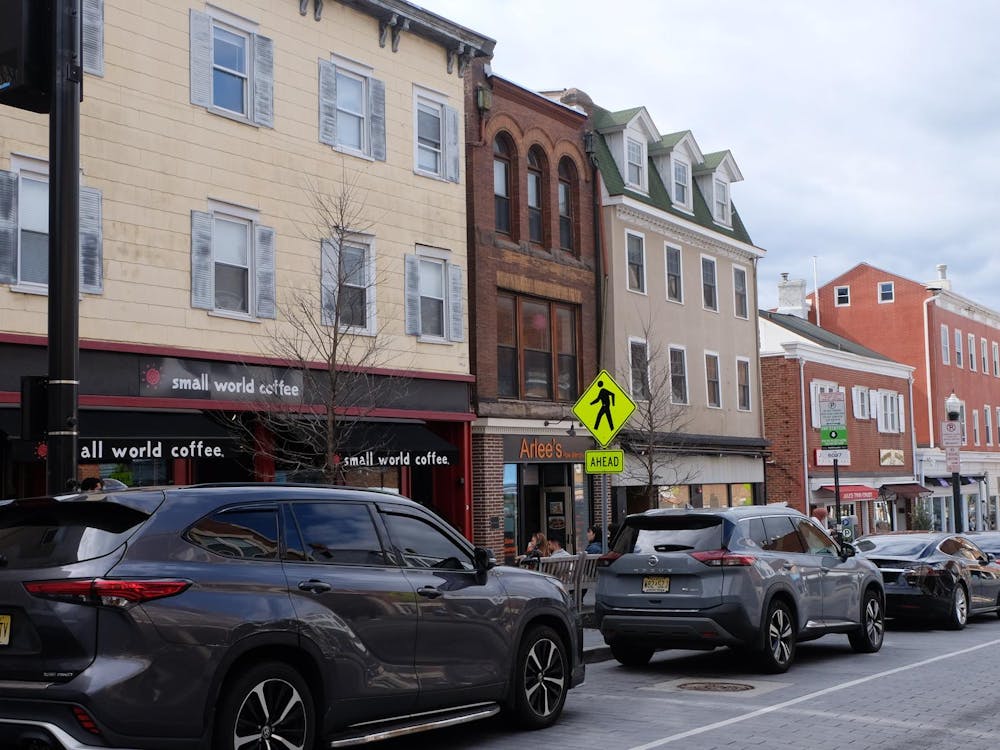In the wake of college decision season, Princeton surely is seeking to ensure that the Great Class of 2025 represents the best and brightest of applicants. But the longer Princeton hesitates to take decisive climate action through divestment from fossil fuels, the less likely Princeton is to attract these bright young minds.
Imagine a high-school senior about to receive acceptance letters from Ivy League or other prestigious universities. Imagine that the student is accepted by Columbia, Brown, Cornell, Rutgers, Oxford, Cambridge, UC Berkeley, the University of Michigan and Princeton. Where will they enroll? They are keenly aware that global warming threatens everything in their future. They know that, among these nine choices, only Princeton is still slow to act on climate change, refusing to divest from fossil fuels.
Research has shown that young people are increasingly driven by their values in their work, which has prompted many companies to shift their missions to align with these values. Among the core values of the younger generation are sustainability and climate action. A study by the U.S. Conference of Mayors reported that 80 percent of young people between the ages of 18 and 29 viewed climate change as “a major threat to human life on earth,” which 58 percent of respondents saw as a reason to take drastic measures.
Most American teens report being both frightened and angered by climate change. The effects of global climate change are becoming more and more severe, and many young people value bold action on climate by leading institutions. Princeton’s failure to align with these values of sustainability and urgent climate action demonstrates a prioritization of maintaining the status quo over the longevity and well-being of its students. By seriously addressing the concerns of its students regarding climate change, Princeton would greatly increase its appeal to deliberating high school seniors, who might have offers of admission from other universities like Columbia and Brown, which have both already divested from fossil fuels.
More and more, we see that the “best and brightest” are beginning to choose universities deemed to be leaders, not followers. As youth climate activist Jamie Margolin wrote in Teen Vogue in 2019, “I have serious concerns about how my future school might be investing in fossil fuels and, if they can’t be convinced to divest by student activists like me, how that might render my college education useless.”
We fear that the contradiction between Princeton’s pious words and the visible inadequacy of its actions will increasingly embarrass its students and diminish its prestige. Until it divests, it is unlikely that Princeton will continue to attract the most talented students of all backgrounds either to apply for admission or to enroll if they are accepted.
John Huyler ’67 is a retired environmental mediator living in Colorado. He can be reached at johnhuyler@earthlink.net.
Hannah Reynolds is a junior in the Anthropology Department from Upstate NY. She can be reached at hannahr@princeton.edu.








